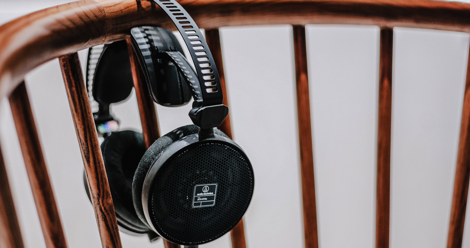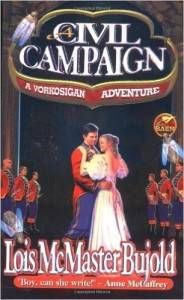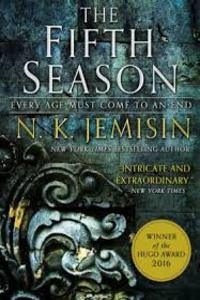
From Audio to Paper: Deciphering Heard Words On The Page
“Never make fun of someone if they mispronounce a word. It means they learned it by reading.” —Unknown
I listen to a lot of audiobooks, because in my recent life I’ve worked jobs that have given me a lot of time to do so. When you’re having to drive an hour and a half to a job site, or are going to spend the next four hours drawing pictures of rocks, that’s prime audiobook territory. And there’s a lot of discussion we could have about what makes for a good audiobook, in my opinion, but that’s not what I want to talk about today.
I’ve really noticed is just how…weird it is, to go back and read a book you’ve originally listened to on audio. Or maybe jump into the written format of a series when you’ve listened to the first book or two. Of course, the narrator will then influence how the characters sound in my head when they talk. That’s not a big deal. But the part that leaves me lurching is when words I’m seeing in a book, mostly names or random bits of conlang, aren’t spelled the way I’d come to expect from the way the narrator was pronouncing them.

And that was nothing compared to how absolutely lost in the weeds I got when I attempted to read the print version of The Goblin Emperor after having listened to the audio many times. In all honesty, I just gave up and went back to the audio.

It may just be a function of the way I read, since I tend to subvocalize a lot, and I know that’s not the case for everyone. But it means that some books, I just can’t switch between formats…and some books I only want to listen to on audio because someone else does the hard part of pronunciation for me. And yet I’ve never had a problem going the other way, from print to audio…because mostly, when things sound different from the narrator than they did in my head, I just assume I was pronouncing them wrong in the first place. Because ultimately, my brain just takes the ways I understand how to pronounce things in the languages I know and throws them at the wall to see what sticks…it’s no wonder the results are occasionally less than stellar.











